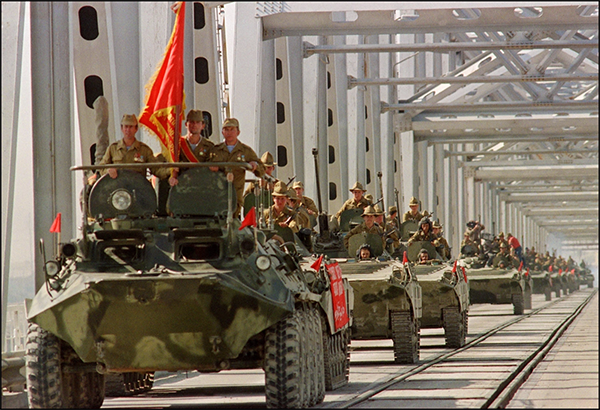
On Thursday, September 1, the Clements Center for National Security, the Center for European Studies, and the Center for Russian, East European, and Eurasian Studies, will host Elisabeth Leake, the Lee E. Dirks Chair in Diplomatic History at The Fletcher School of Law and Diplomacy at Tufts University, for a talk on "Afghan Crucible: Rethinking the Soviet Invasion and Its Current Significance." Join us at 12:15 pm in RLP 1.302B, Patton Hall.
Elisabeth Leake is the Lee E. Dirks Chair in Diplomatic History at The Fletcher School of Law and Diplomacy, Tufts University. Dr. Leake's research focuses broadly on the relationship between decolonization and the Cold War, and more specifically on the intersections between South Asian and international history. She focuses on state-building in postcolonial India, Pakistan, and Afghanistan and these countries’ interactions with foreign powers such as the US and the UK. Of particular interest are borderlands as spaces of contested sovereignty where local non-state actors come into conflict with state authorities and foreign interests.
She has been widely published and is the author of two monographs; The Defiant Border: The Afghan-Pakistan Borderlands in the Era of Decolonization, 1936-65, and Afghan Crucible: The Soviet Invasion and the Making of Modern Afghanistan which will be published by Oxford University Press this summer.
Her articles have appeared in such journals as Modern Asian Studies, Journal of Contemporary History, the Journal of Asian Studies, International History Review, and Historical Journal.
Dr. Leake is also one of the organizers of New International Histories of South Asia, a research and public engagement network that explores South Asia’s global engagement in historical context.
For more information about this event, contact Elizabeth Doughtie at elizabeth.doughtie@utexas.edu.

